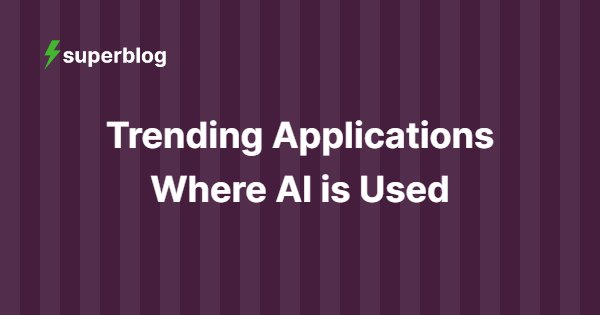Microsoft’s Windows 11 is set to introduce an AI agent that runs in the background, granting access to personal folders, sparking security concerns and performance issues.
Windows 11 to Introduce AI Agent with Background Access, Raising Security Concerns
Microsoft is moving forward with its plans to turn Windows 11 into a full-fledged “AI” operating system, amidst the Copilot backlash. The first big move in this direction is an experimental feature called “Agent Workspace,” which gives AI agents access to the most-used folders in your directory, such as Desktop, Music, Pictures, and Videos.
What are AI Agents and How Do They Work?
Before we dive into the Agent Workspace feature, it’s essential to understand what AI Agents are and how they work. AI Agents have their own interface and navigate just like a human. For example, if you ask ChatGPT’s Agent to book a travel, it’ll open Chromium on Linux in an Azure container, search the query, visit different websites, navigate each page, and book a flight ticket using your saved credentials. An AI Agent tries to mimic a human and can perform tasks on your behalf while you sit back and relax.
Agent Workspace: A Separate, Contained Windows Session
Agent Workspace is a separate, contained Windows session made just for AI agents, where they get their own account, desktop, and permissions so they can click, type, open apps, and work on your files in the background while you keep using your normal desktop. This feature is designed to give Agents their own backyard on your PC and let them run in the background all the time. You’ll be able to monitor the logs and keep an eye on agent activity.
Security Concerns and Performance Issues
When you toggle on the feature, Windows warns that it could hurt performance and affect your security or privacy controls. AI agents are going to run in the background all the time and use RAM or CPU, depending on the agent’s activity. However, Microsoft’s early benchmarks suggest they won’t really drain PCs of their power. Microsoft says AI Agents will use a limited amount of RAM and CPU, but it won’t tell us how limited the ‘limit’ is.
Competitor Analysis Insights
Microsoft’s competitors, such as Google and Apple, are also investing heavily in AI technology. However, Microsoft’s approach to integrating AI agents into Windows 11 raises concerns about security and performance. Google’s AI-powered operating system, Chrome OS, has a more seamless integration with AI agents, but it’s still in its early stages. Apple’s macOS has a more closed ecosystem, which might make it more secure, but it’s also more restrictive.

